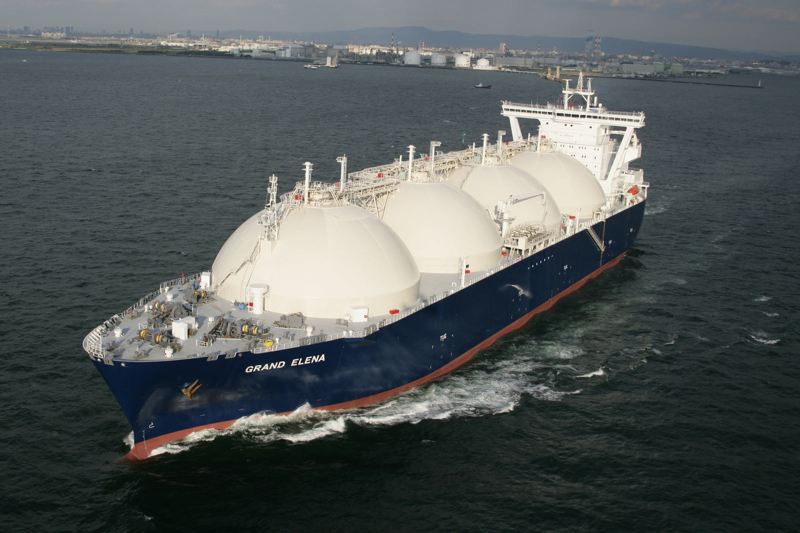As U.S. readies shale gas exports, domestic users face hit


--
Now that U.S. shale gas will head abroad, big industrial gas users are facing a possible profit hit.
That's because foreign customers could push up the price and thus deprive heavy domestic users like chemical companies Dow and Huntsman Corp. of a cheap source of gas that they tap both as a fuel source and as a raw material, ratings agency Fitch notes.
Fitch's warning comes on the heels of a £10 billion ($15.2 billion) 20-year deal by Houston-based Cheniere Energy to export liquefied shale gas to Britain beginning in 2018. Cheniere will provide British utility Centrica with 89 billion cubic feet of gas annually, enough to heat almost 2 million U.K. homes, The Guardian reports.
Japan has also expressed strong interest in importing U.S. gas.
Shale gas, obtained from the controversial process of fracking, has been a recent boon to U.S. industry as it has produced a steady supply of inexpensive fuel.
Dow and other large industrials have been lobbying against exports since at least 2011, as the Wall Street Journal has noted. Eastman Chemical, Celanese, Nucor, Alcoa and the American Public Gas Association have joined Dow and Huntsman in opposing exports by companies like Cheniere and ConocoPhillips.
This is shaping up as a battle of Big Industry vs. Big Industry. As the heavyweight fight drags on, keep in mind that it will end once the shale gas runs out, which as SmartPlanet columnist Chris Nelder notes, could happen sooner than fracking enthusiasts believe.
Meanwhile, keep an eye on other rings of energy development. For example, small modular nuclear reactors, such as molten salt reactors, could replace fossil fuels as a source of industrial process heat.
Photo from Gazprom.
More fracking on SmartPlanet:
- Foreign investors creep into U.S. shale industry
- Fracking in Germany? Nein danke!
- True or false? Fracking equals cheap gas
- The murky future of U.S. shale gas
Alternative sources of industrial heat, on SmartPlanet:
- And the DOE energy innovation award goes to ... a new type of nuclear power
- Nuclear heat is on in Norway
This post was originally published on Smartplanet.com